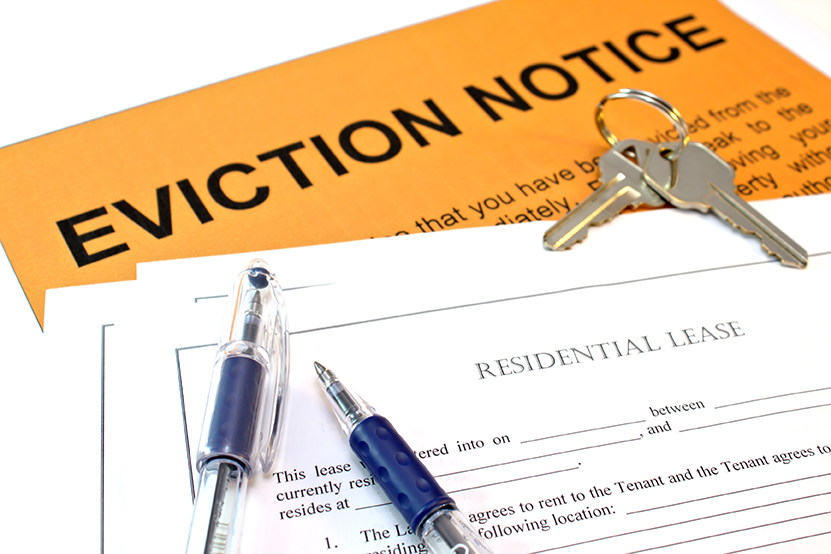How To Evict a Tenant – What to Know
 Bad tenant? If you want to evict someone, you cannot simply change the locks. Even a bad tenant has rights – so be sure that you use the courts to legally evict and avoid trouble.
Bad tenant? If you want to evict someone, you cannot simply change the locks. Even a bad tenant has rights – so be sure that you use the courts to legally evict and avoid trouble.
To many people, it makes logical sense that if you have a bad tenant, you should be able to kick them out. Why should you have to wait for the legal system to kick into place to get rid of someone who damages your property or who who doesn’t pay rent on time?
Unfortunately, the courts disagree with you. Even bad tenants have rights – and one of them is the right to a lawful eviction. If you do not lawfully evict a tenant, he or she can sue you for damages. To avoid this scenario, make sure that you follow the proper steps.
If you want to evict someone, you need a good reason. For example, someone not paying rent or damaging your property is a valid cause. The logical first step is to contact them directly to try and work out the situation without legal assistance. During this time, be sure to keep a record of how you try to resolve the situation. If this doesn’t work, then you can move onto legal matters.
The first thing you need to do is serve notice. If a tenant does not pay rent, then you need to give them a three-day notice saying that a)the rent is due and b)failure to pay will force you to take steps towards eviction. The easiest way for a tenant to get out of an eviction is to prove that notice wasn’t properly served. To avoid giving them this easy out, have someone else look over your notice before delivering to the tenant.
If your tenant doesn’t fix the situation, then it’s time to file with the court. There are many forms to fill out, and all must be factually accurate in order to successfully evict someone. The full process to evict can take 2-3 months, so you want to be sure that you fill out everything properly the first time.
Once you file the necessary documents, a third party must “serve” them to the tenant. Once a tenant is served, they will either a)respond within five days or b)fail to respond, in which case a judge may be able to give you a “default judgement” to evict. Don’t forget to file proof with the court that you did indeed serve the tenant!
If there is a trial, both you and the tenant can share your side of the story. Keep in mind, the tenant may start bad-mouthing you and trying to show that you were a bad landlord. This is why you need to keep record of the process and your tenant’s misdemeanors. You need to give yourself the best chance of winning in court.
Assuming that you’ve properly followed all of these steps, you should have no problem winning, at which point the court will give you a “Writ of Possession” – your bad renter can finally be locked out! They may also have to reimburse you for unpaid rent or legal fees.
The eviction process can be difficult and confusing – and unfortunately, it puts the burden on the landlord. Arming yourself with knowledge before a bad situation arises can save you time, money, and aggravation in the future.
On a regular basis, we will purchase properties with troubled tenants in place. If you don’t want to deal with evicting a tenant or tenants, click here for a free consultation. Follow us on Facebook for more tips on managing tenants : click here